Description
ABSTRACT
Developing Nigerian Oil and Gas Marginal Fields through Government Participation
Jerome Okoro* and Dr. Peter Obutte**
The Nigerian Petroleum Act was amended in 1996 with a provision for farm out of marginal oil fields within Oil Mining Lease areas to indigenous companies. One of the major goals of this legislative step was to bring the marginal fields into production, and increase Nigeria’s daily oil and gas output and the reserve base through them. The Guidelines for Farm-out of Marginal Fields creates a right of active participation in field operations for the government, but the Nigerian government so far has not invested into any of the fields. In view of this, and with the low success record of the operating companies, the role of government in it’s development in Nigeria calls for a review. This paper therefore examines the modes and prospects of government’s participation in marginal field operations in Nigeria, and creates a synergy between the regulatory and the participatory roles of government in its development in Nigeria.
Keywords: Marginal Fields, Petroleum Act, Government Participation, Development.
INTRODUCTION
The regulatory role of government in the marginal field programme refers to the powers and duties conferred by law on government authorities to oversee the activities of the field operators. These include: the President’s power to identify a field within the area of an Oil Mining Lease (OML) and mandate the farm-out of a marginal by the OML holder; the duty of the Department of Petroleum Resources (DPR) to: oversee the licensing rounds wherein the fields are awarded to indigenous companies for development, monitor the operation of the fields by the farmees; subsequent assignments of the field by the farmees and retrieval of the fields from the farmees in appropriate circumstances.
The key issues arising from the regulatory powers of the government over marginal field operations in Nigeria are: should government regulate the marginal field operations, and equally participate in marginal business? And if it does, can it still be an impartial umpire when it also exercises the right of entry into and participation in the marginal field business scene?
The laws, and policy instruments that granted government the power of regulation over the petroleum exploitation and production industry which extends to marginal fields, also gives government the liberty to acquire and exercise rights and interests in the fields. This participatory right, albeit hitherto unexploited, remains available to the government. Government’s arm of participation in petroleum operations in Nigeria is the Nigerian National Petroleum Corporation, NNPC.
* LL.M, B.L., MCIArb (UK). Research Fellow, Centre for Petroleum, Energy Economics and Law, University of Ibadan.
** LL. M, B.L, Cert. Antitrust (Fordham), Sp. LL.M, LL. D (Oslo). Senior Lecturer, Department of Jurisprudence and International Law, Faculty of Law, University of Ibadan, and Deputy Director, Centre for Petroleum, Energy Economics and Law (CPEEL), University of Ibadan.

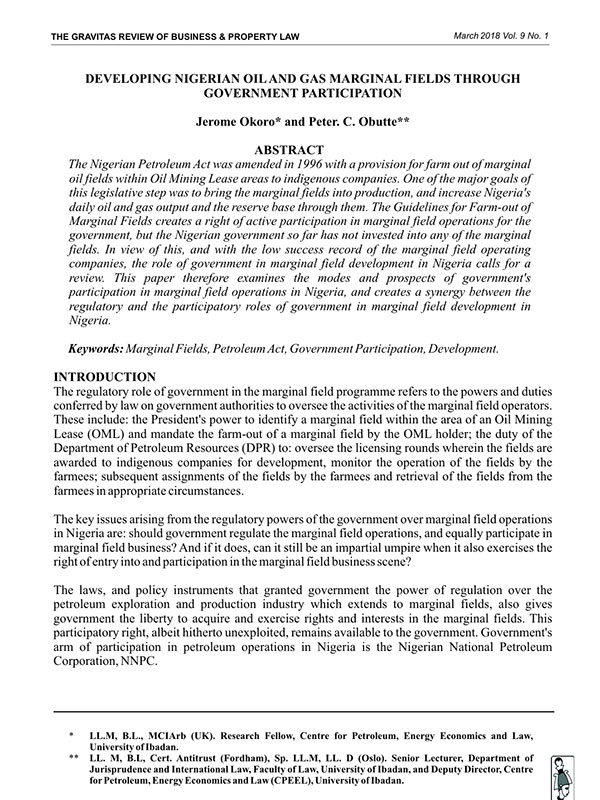
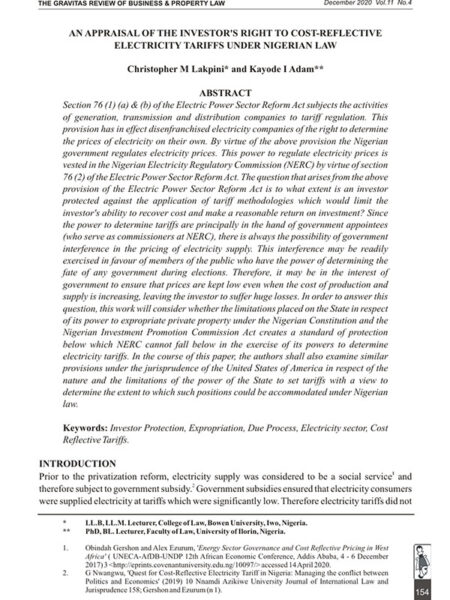
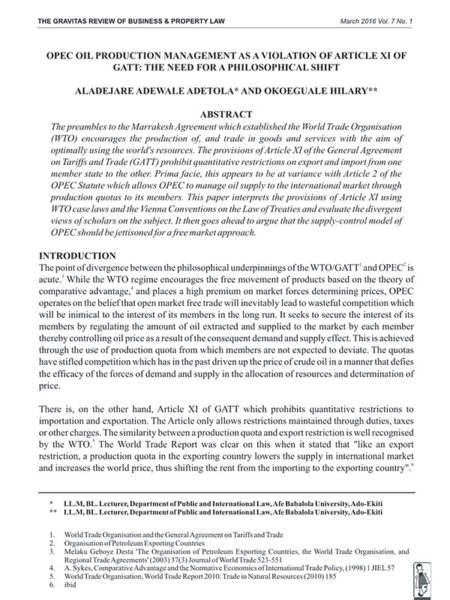
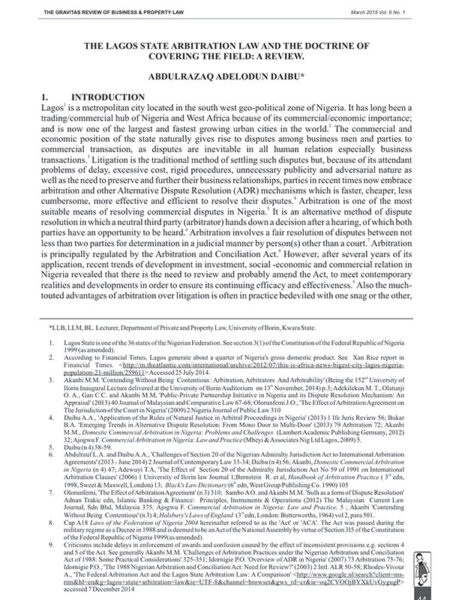
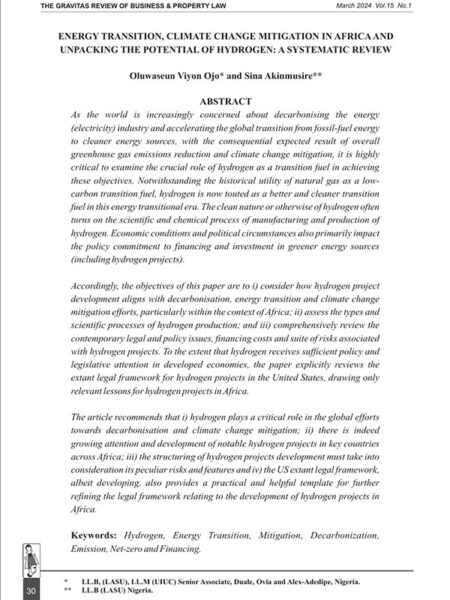


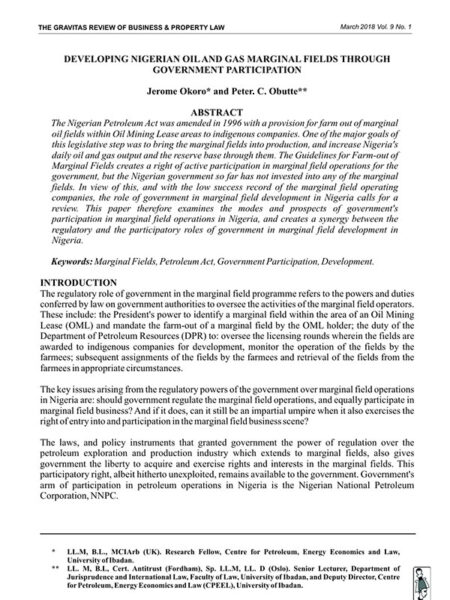
Reviews
There are no reviews yet.